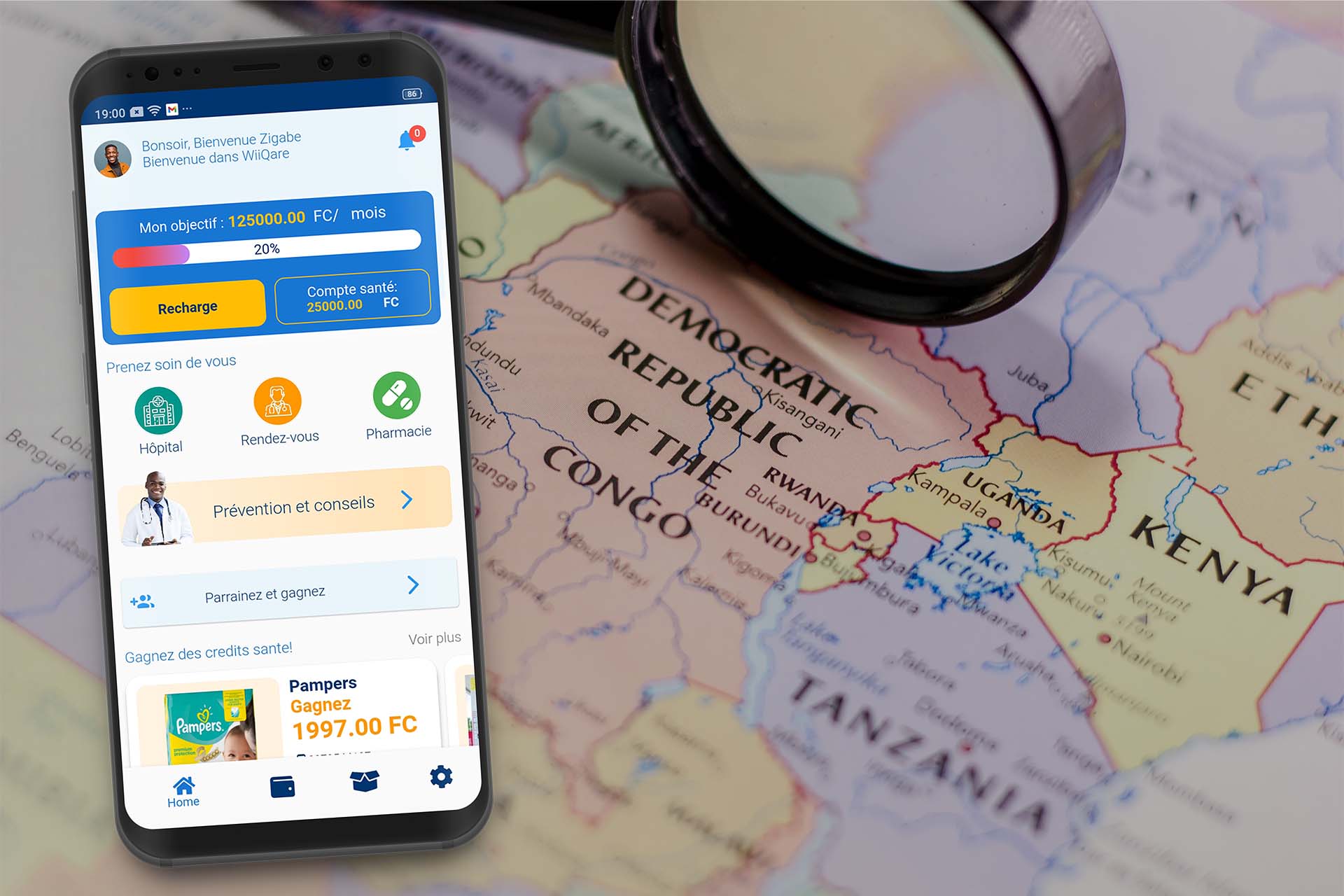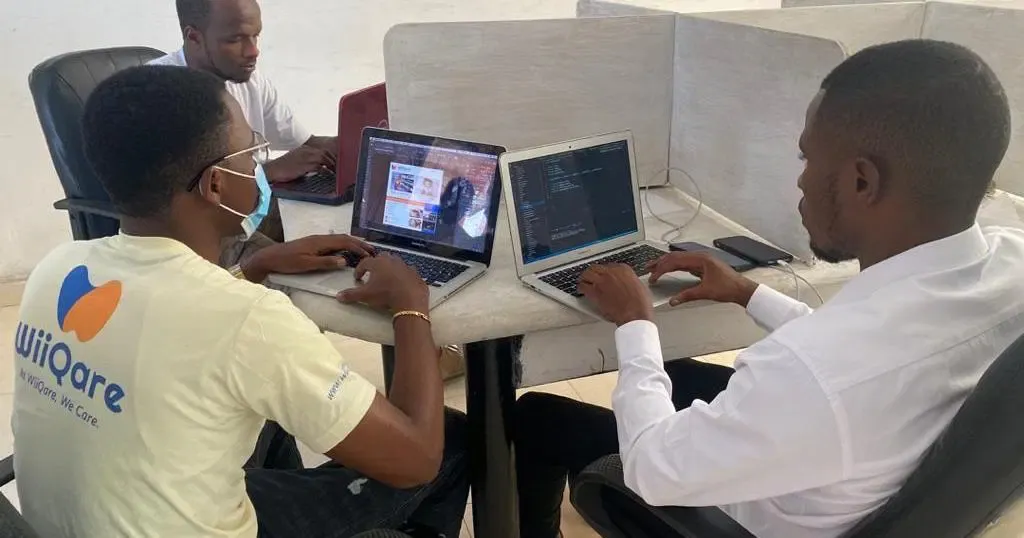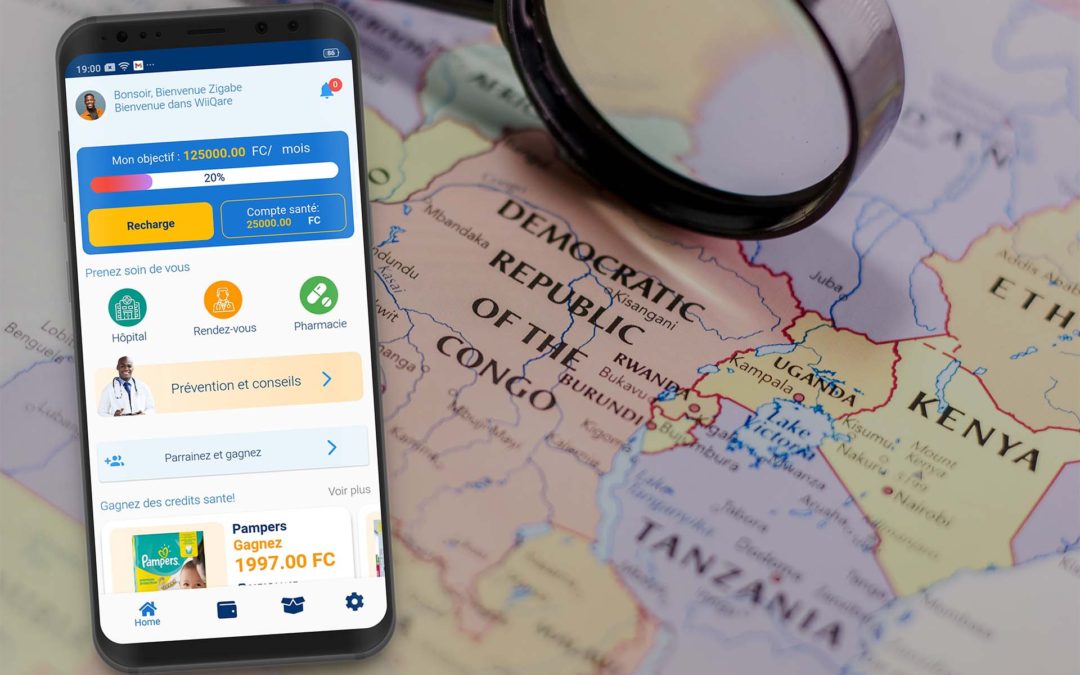
Known as Wiiqare, the mobile application reduces the costs incurred by patients when they seek medical attention in the Democratic Republic of Congo and enables them to pay for drugs and treatment cash upfront or on credit.
Wiiqare developer, Bienvenue Zigabe, told Africanews that the app's main purpose was to expedite access to medical services in that country.
"Our goal is for everyone to have access to health care,” he said, adding that patients can virtually treat diseases such as malaria to the most intricate infirmities without worry using the app.

A resident from Goma eastern DRC, Odile Neema, told Africanews that the app was helping her to save money to pay for health care services even in the future.
"When I left home, I didn't have the means, and I came to use the Wiiqare application, which made it easier for me to benefit from the care and to be examined quickly. I am saving little by little in the card, and this helps me to be treated," she said.
To escalate the fight against diseases on the continent, several African countries tapped into Information Communication Technologies (ICTs) to halt the spread of illnesses and detect the same in human bodies.
Countries such as Zimbabwe have gone a step further to approve plans to set a fully-fledged Virtual Hospital (VH) in that country for the management of Covid-19 patients.
Apart from DRC, other countries that made strides in harnessing ICTs to curb the spread of diseases include Zimbabwe, Ghana, and South Africa.
Mobile apps have proved to be a game-changer in Africa as they are also being used to solve challenges in areas such as disaster management, apart from the health sector.





